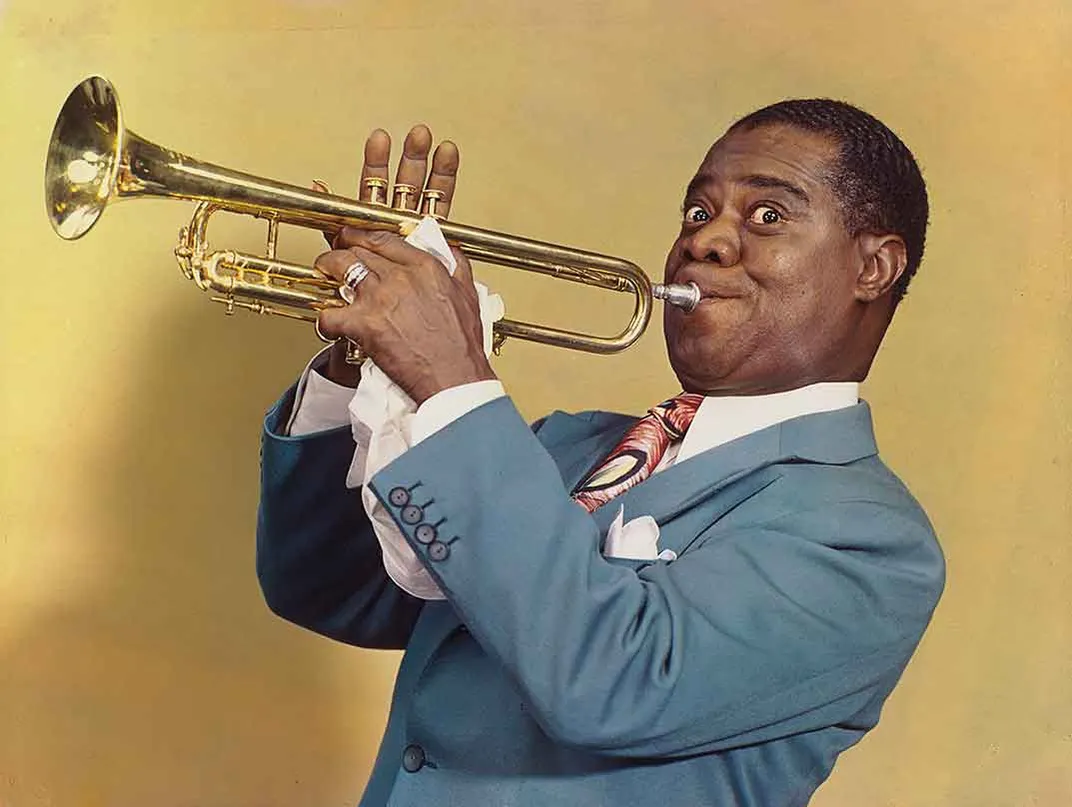What Trumpet Did Louis Armstrong Play?
Louis Armstrong, often referred to as "Satchmo," stands as one of the most influential figures in the history of jazz music. His soulful trumpet playing and innovative approach to jazz have left an indelible mark on the genre. One intriguing aspect of his musical journey is the trumpet he played. In this blog, we delve into the fascinating world of Louis Armstrong's trumpets, exploring the history, significance, and the iconic Selmer Balanced Action Trumpet.

Louis Armstrong's love affair with the trumpet began in his early years in New Orleans. Born on August 4, 1901, Armstrong's humble beginnings led him to toot a tin horn while working on a junk wagon. However, as he earned enough money, he acquired his first horn, which he cherished for a long time. Despite a brief stint in a reform school where he learned some horn skills, Armstrong's true breakthrough came when he joined the band of his hero, Joe "King" Oliver.
Oliver's influence, combined with Armstrong's own genius, propelled him to the forefront of the jazz scene in the 1920s. By 1925, he had become a sensation, transforming jazz from its syncopated roots to a more sophisticated form. As Armstrong's fame skyrocketed through the century, he played dozens of trumpets, each contributing to the evolution of his distinctive sound.
What Trumpet Did Louis Armstrong Play?
One of the standout trumpets associated with Louis Armstrong is the Selmer Balanced Action Trumpet. This iconic instrument, now housed in the National Museum of African American History and Culture, is a brass trumpet with a Henri Selmer Paris inscription near the bell and valve case. The leadpipe is engraved with "Louis Armstrong," marking it as a personalized and cherished possession of the jazz legend.
Armstrong's affiliation with Selmer trumpets began in 1932, and by 1946, he requested a custom-made trumpet from Selmer. His close friend and manager, Joe Glaser, wrote to Selmer Instrument Company in February 1946, asking for a new trumpet tailored to Armstrong's preferences. The result was the inscribed Selmer B-flat trumpet, made exclusively for Armstrong and not mass-produced.

Louis Armstrong had a unique relationship with his trumpets, often playing them for approximately five years before passing them on as gifts to friends or colleagues. Despite regularly changing instruments, Armstrong believed in taking good care of his trumpets, running hot water through them every night to ensure they "percolated."
If you are interested in learning music check out our Music Lessons in Denton.
In an interview, Armstrong expressed his deep connection to his horn, stating, "When I pick up that horn, that's all. The world's behind me, and I don't feel no different about that horn now than I did when I was playing in New Orleans. That's my living and my life. I love them notes. That's why I try to make them right."
Louis Armstrong's impact on jazz and American music as a whole is immeasurable. His trumpet playing style, characterized by inventive soloing and a heartfelt connection, helped shape the very essence of jazz. Colleagues and contemporaries, including Bing Crosby and Miles Davis, have hailed Armstrong as the quintessential figure in American music.
Wynton Marsalis, a celebrated trumpeter himself, initially had reservations about Armstrong's image but later discovered the genius in his music. Marsalis emphasizes the importance of studying Armstrong for any jazz enthusiast, acknowledging him as the foundation of the genre.
In a rare occurrence, trumpeter Wynton Marsalis had the opportunity to play Louis Armstrong's Selmer Balanced Action Trumpet at the Smithsonian. Despite some adjustments and the use of a different mouthpiece, Marsalis described the instrument as "fantastic" and expressed his enjoyment in playing it.
Playing historic instruments from museum collections raises questions about the delicate balance between preservation and allowing an instrument to fulfill its primary purpose—making music. The careful consideration and treatment given to Armstrong's trumpet by conservators and tuners showcase the deep respect for these instruments' dual roles as artifacts and musical tools.
The trumpet Louis Armstrong played, particularly the Selmer Balanced Action model, remains an integral part of his musical legacy. As we delve into the history and significance of this iconic instrument, we gain insight into Armstrong's profound connection with his trumpets and the enduring impact of his contributions to the world of jazz. The Selmer Balanced Action Trumpet stands not only as a symbol of Armstrong's brilliance but also as a testament to the enduring power of music.
If you like this check out our article: Is Music Good For Your Brain?
